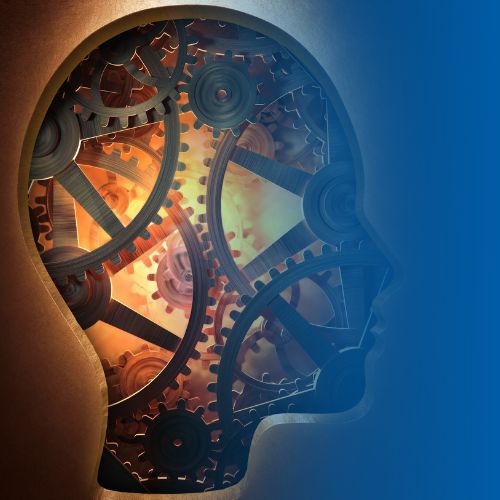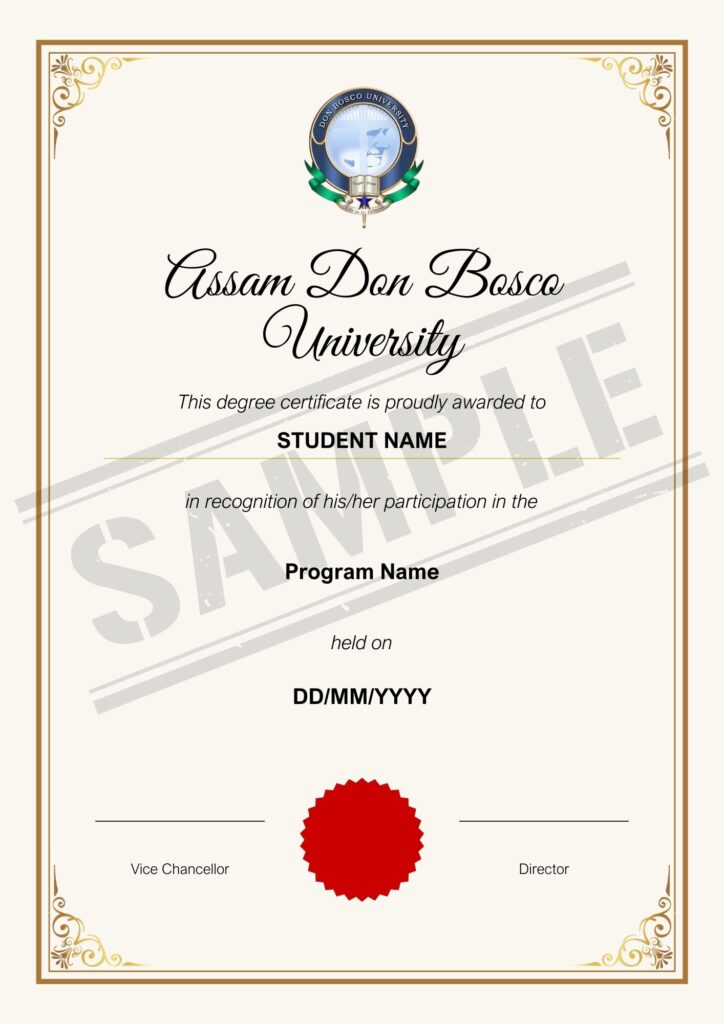Test Program
M.Sc. in Psychological Counselling
Duration: 02 Years
No of seats: 40
M.Sc. in Psychological Counselling
The two-year Master’s Programme in Psychology is an attempt to train counsellors who are theoretically sound, culturally sensitive and adequately skilled to offer psychological assistance and support to individuals and groups.
With an optimum blend of theory, practice and research, the course will prepare qualified counsellors in the areas of children, youth and education, marriage and family, and trauma and addiction, for educational institutions, the voluntary sector, non-governmental organisations and government departments, particularly those dealing with health, education, vocational training, family, women, children and youth, correctional settings, community development, disaster management, communal harmony and promotion of culture, conflict management and other such areas.

Program Highlights and Advantages
Discover our Degree Programs and begin an exciting educational journey

Comprehensive Curriculum
Strong base in psychological theories and techniques.

Experiential Learning
Hands-on training with internships and practice.

Research Focus
Evidence-based studies for real-world impact.

Holistic Growth
Build empathy, ethics, and cultural awareness.
Program Overview & Structure
| Foundations of Professional Counselling |
| Life Span Development |
| Theoretical Perspectives for Counselling Psychology |
| Process and Skills of Individual and Group Counselling 1 |
| Elective Group I |
|---|
| Eastern Approaches to Psychology and Counselling |
| Educational Technology |
| Society and Social Problems |
| Elective Group II |
| Media in Northeast India |
| Leadership and Social Responsibility |
| Introduction to Indian society, polity and economics |
| English Language Teaching |
| Personal Growth – I (Practicum) |
| Concepts of Mental Health and Illness |
| Child and Youth Counselling |
| Research Methodology and Statistics in Social Science |
| Elective Group I |
|---|
| Introduction to Indian society, polity and economics |
| Personality Development |
| Rural Communication |
| Elective Group II |
| Society and Social Problems |
| Peace Education and Conflict Management |
| Introduction to Social Psychology |
| North-East Indian Literature in English |
| Child and Youth Counselling – Practicum |
| Field Work |
| Personal Growth – II |
| Marriage and Family Counselling |
| Adiction and TraumaCounselling |
| Marriage and Family Counselling – Practicum |
| Case Study and Documentation – I |
| Summer Internship |
| Study Tour |
| Supervised Internship – I |
| Research Project Phase – I |
| Psychological Testing |
| Disability Studies and Rehabilitation Psychology |
| Case Study and Documentation – II |
| Supervised Internship – II |
| Research Project Phase – II |
Degree offered by us

Eligibility
Grade /Marks requirement from qualifying examinations
Graduation in any stream with 50% of the aggregate. Those who have a background in Social Work / Psychology / Education / Sociology / Home Science / Human Resource Management will have an advantage.
Entrance Examinations / Personal Interview
Provisional Admission: Applicants who have not yet obtained their Bachelor’s Degree also may apply for admission. Such candidates would be offered provisional admission until they furnish evidence of fulfilling the eligibility criterion stated in (1) above within 3 months of the commencement of the programme.
Career Impact
How We Help You Build Your Dream Career
Industry Mentors
Personalized guidance from career experts throughout the academic journey.
Placement Drives
Connect with employers & explore opportunities through interactive online events.
Master Classes
Access comprehensive help for resume building, interview preparation and job placement.
Profile Building
Build a credible professional profile by showcasing your skills through hands-on projects.
F.A.Q.
Supporting Subheading
The university offers a range of undergraduate, graduate, and doctoral programs across disciplines including engineering, science, arts, business, and health sciences. Each program has its own specific requirements and areas of focus.
You can apply online through our university’s admissions portal. Complete the application form, submit the required documents (such as transcripts, test scores, and recommendation letters), and pay the application fee. Detailed instructions are available on our admissions webpage.
Admission requirements vary by program. Typically, undergraduate programs require a high school diploma and specific academic credentials, while graduate programs may require a bachelor’s degree in a related field, relevant test scores, and work experience. Be sure to review the specific requirements for the program to which you are applying.
Yes, the university offers a variety of scholarships and financial aid programs based on academic merit, financial need, and other criteria. Information about available scholarships and how to apply is available on the university’s financial aid webpage.
Application deadlines vary depending on the program and the intake period (e.g., fall, spring). Be sure to check the program’s admissions page for specific deadlines.
